Apply Now For Business Funding
Small business funding is essential to trucking and transportation companies, and there are a wide variety of options available to them. The transportation industry is critical to the US economy. It enables the movement of goods and people across the country, which is essential for economic activity. Success within the industry can be extremely lucrative, but also requires more startup money than other industries and financing is often necessary to keep companies growing.
Uses for Commercial Truck Loans and Alternative Financing
There are many ways that transportation and trucking companies can use small business loans and other forms of funding to meet their business needs.
Fleet expansion: Business owners can use business loans to purchase additional commercial vehicles or upgrade an existing fleet, enabling it to increase capacity and meet growing demand. Transportation financing can also be used to lease vehicles.
Maintenance and repairs: The maintenance and repair of vehicles is a significant cost for trucking companies, and transportation business loans can be used to finance these expenses.
Infrastructure improvements: Business loans can be used to finance infrastructure upgrades, like the construction of new terminals, depots, or distribution centers.
Technology upgrades: The transportation industry is rapidly evolving, and companies can use business loans to invest in new technologies, like GPS tracking, telematics, and automated dispatch systems, to improve efficiency and competitiveness.
Working capital: Business loans can provide companies in any industry with the working capital they need to manage daily operations and meet unexpected expenses.
Acquisition and consolidation: Transportation companies can use business loans to finance the acquisition of other companies, or to consolidate their existing operations and reduce costs.
THE LCF GROUP IS HERE TO HELP
APPROVAL IN AS LITTLE AS 2 HOURS: Our simple, streamlined application re quires minimal paperwork so that you can benefit from our fast approvals.
FUNDS AVAILABLE THE NEXT DAY: When we say fast, we mean it. Our team of experts is committed to working with you so that you receive your funds quickly. Most merchants are able to receive same day funding.
LOW ELIGIBILITY REQUIREMENTS: We understand that not everyone has perfect credit. Our low eligibility requirements and the fact that we don’t do a hard credit pull helps more business owners get the funding they need.
FLEXIBLE FINANCING OPTIONS: Your business is unique and so are your needs. That’s why we customize our solution to you.
Any questions? Our Account Managers are available to guide you through the entire process.


